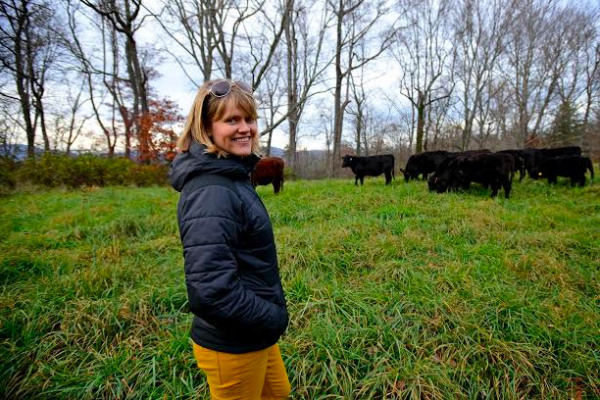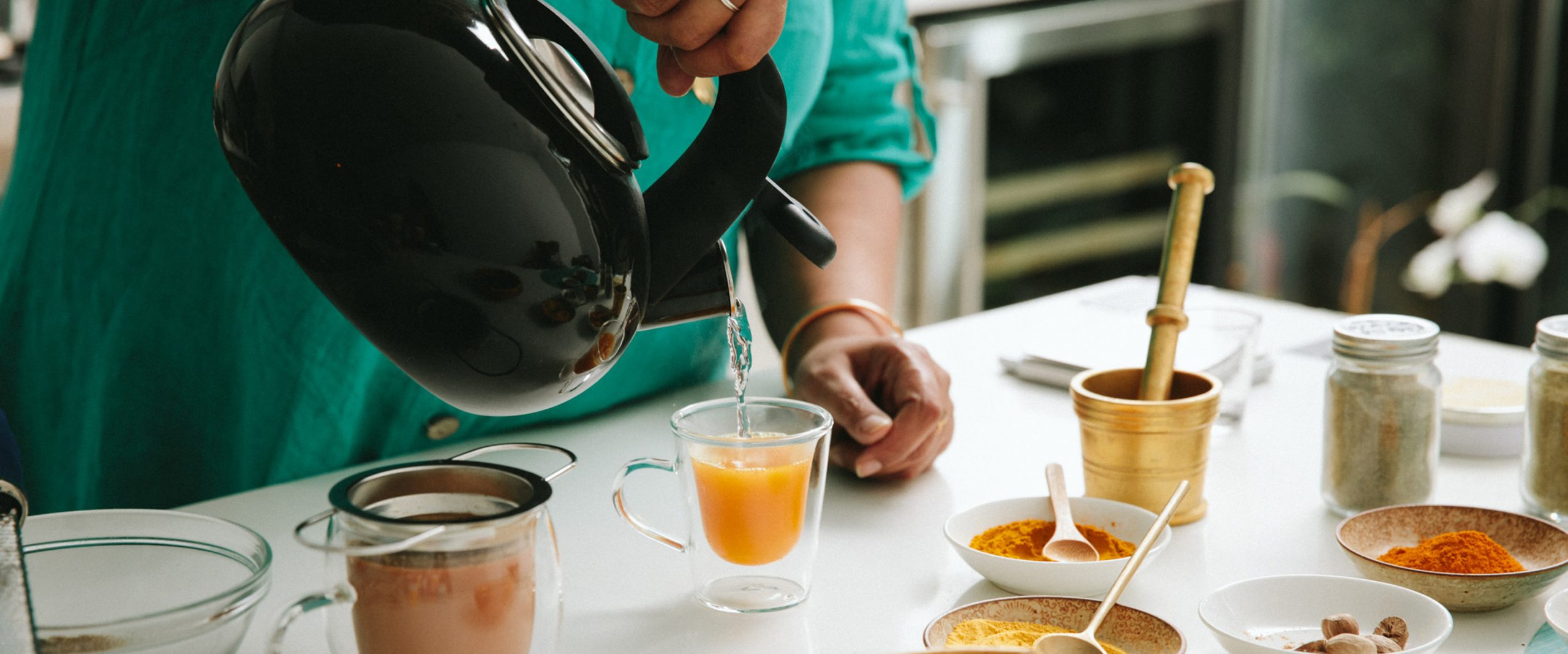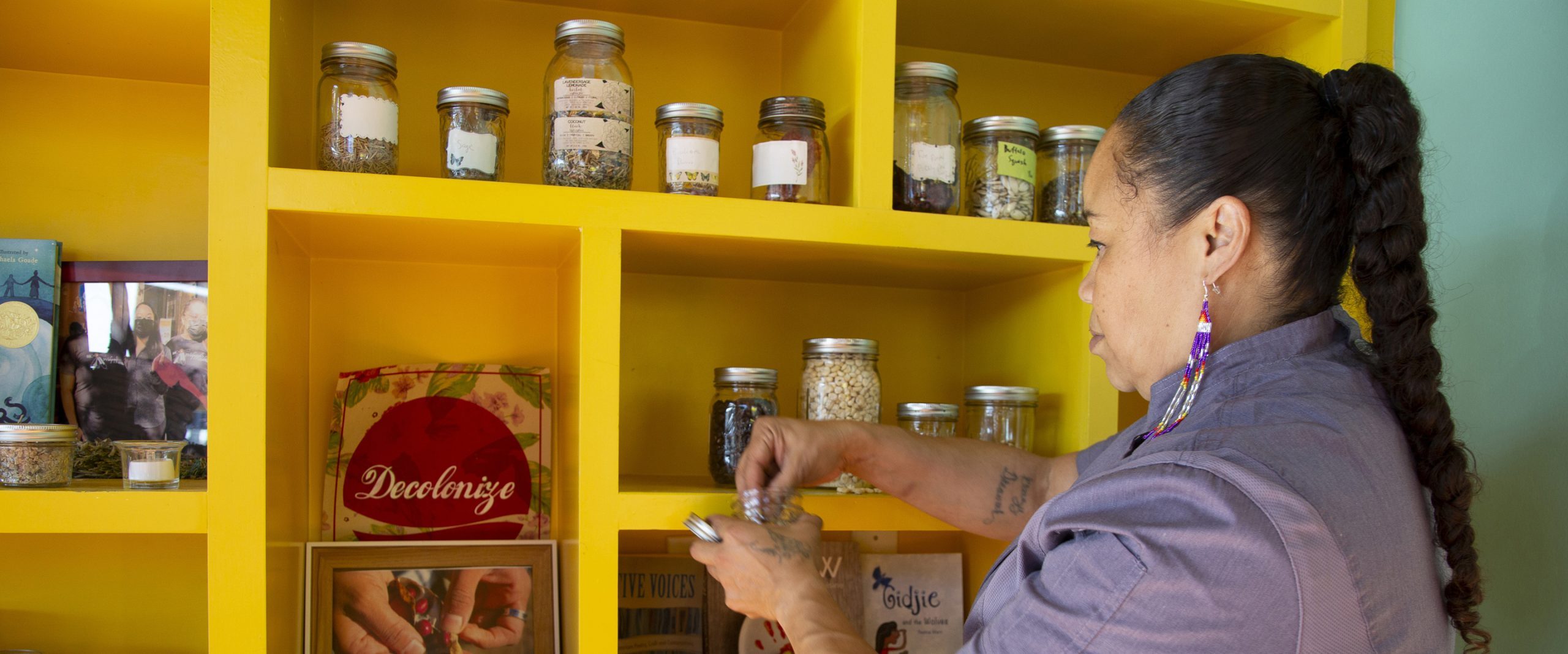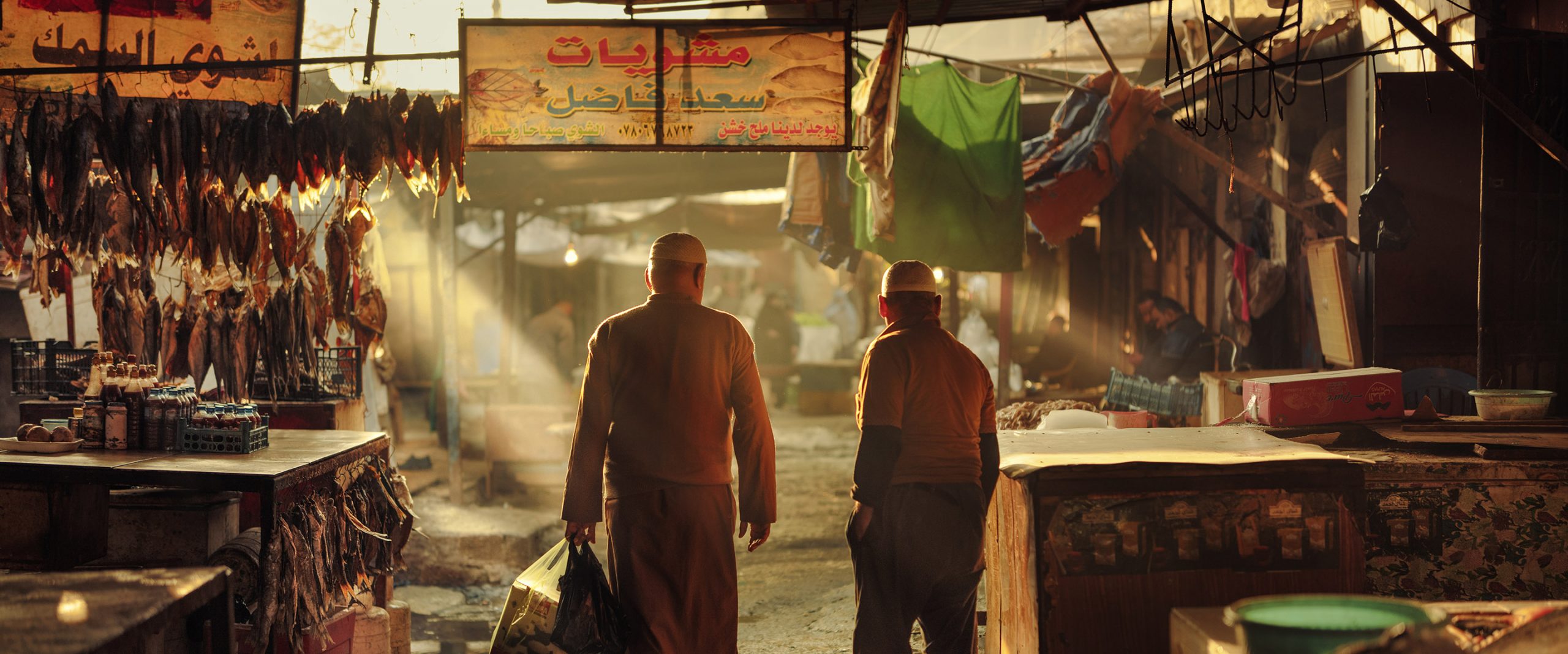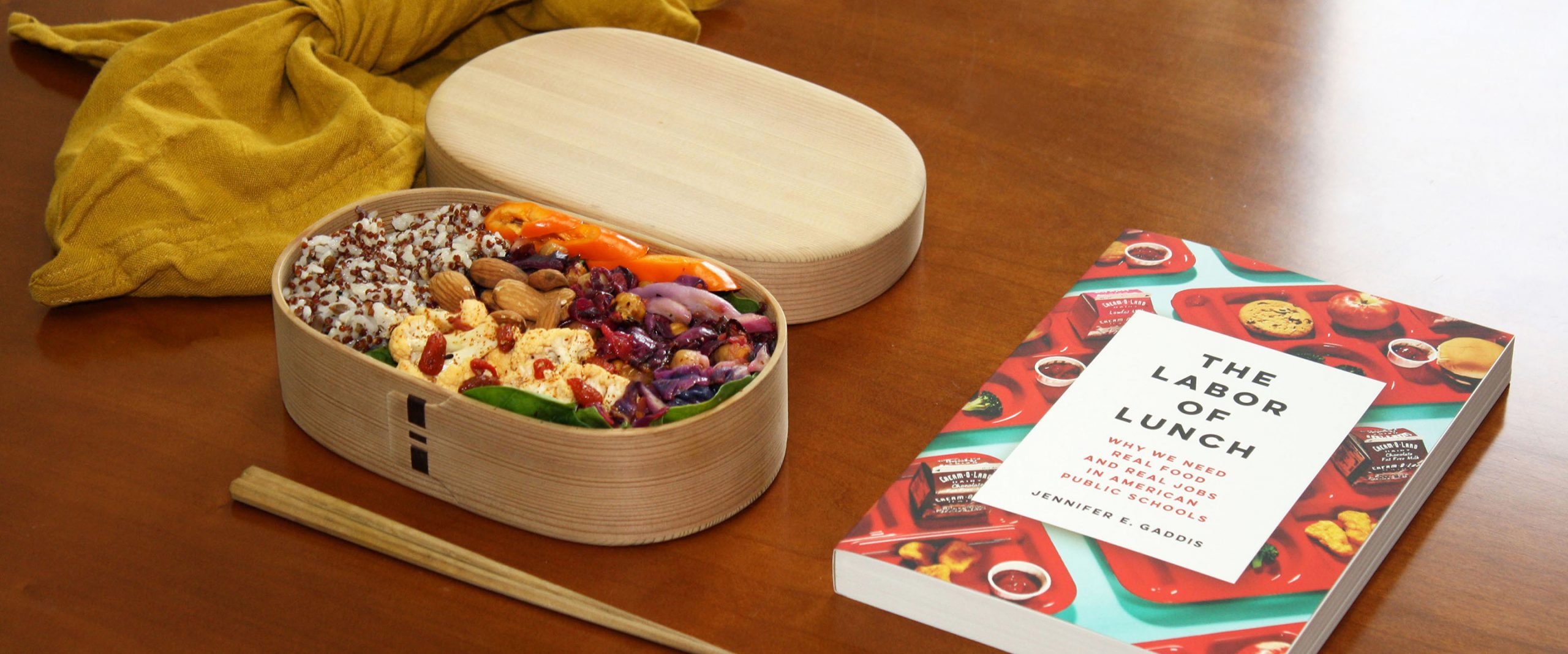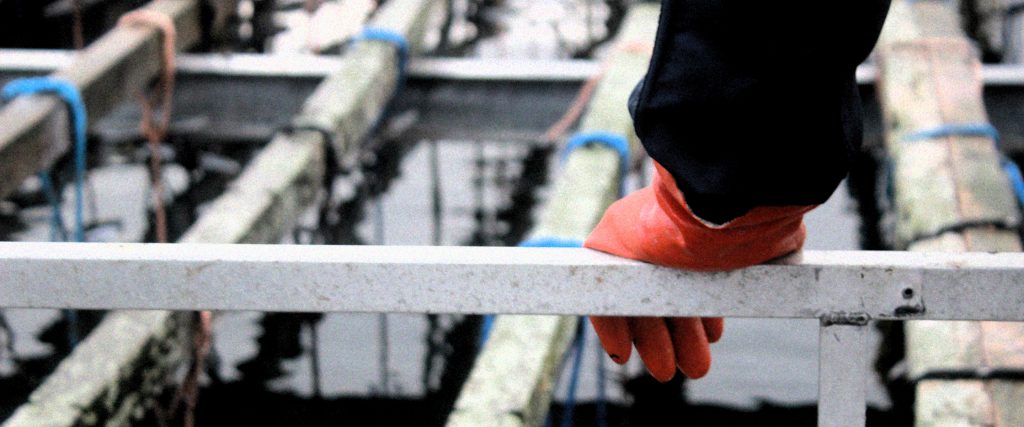We have the urge to sum up Kate's good food job in one word: dreamy. She's got the fairytale spin of having stuck her foot in the door of a large, influential company on the cusp of Michael Pollan's fame. She's got the creative job title and the inspiring day-to-day work of translating that company's mission statement into real people and products. But before your glasses get so steamed up with jealousy that you can't see your computer screen, remember that the grass is always greener. We all have a story to tell. Don't give up on telling yours.
When did you know that you wanted to work in food?
How did you get your current good food job?
As I was finishing grad school, I wrote a letter to Whole Foods. I had long admired their work and mission, and so I explained to them how my documentary skills could be useful in telling the stories of the food on their shelves. This was in 2007, when the country was newly absorbed in The Omnivore's Dilemma and engaged in a conversation about local food sources. Whole Foods was already doing a great job of sourcing locally, but the marketing department was interested in getting the stories of these local producers in front of customers. So they hired me for one assignment. They sent me down to South Georgia to visit Will Harris's grass-fed cattle operation. At the time, I was eight years strong as a vegetarian. After spending two full days on Will's farms shooting photographs from sun up to sundown and capturing audio interviews about the lengths Will and his family go to in order to maintain a supremely high level of animal welfare and bring the best tasting grass-fed beef to market, I sat down at their kitchen table to a (very small) piece of beef. And it was delicious! Following that project, Whole Foods hired me on for the rest of the summer and eventually full-time. My job is largely to bring the stories of our farmers into our stores.
How did your previous work or life experience prepare you for a good food job?
At Whole Foods, my colleagues still refer to me as a photojournalist. While we obviously are not a journalistic entity, it isn't too far off the mark because my approach to storytelling at Whole Foods is very similar to that of a newspaper photojournalist. I visit farms to document the stories behind the food. I don't travel with a makeup person or a food stylist or a PR specialist. These are not show farms and we are not looking to tell a prettied up version of agriculture. We aim to give our customers a taste of true farm life and show the real processes involved in getting this food to our stores. The end goal is greater transparency.
What was the greatest obstacle you had to overcome in pursuing your Good Food Job dream?
I grew up in Mississippi, a state whose economy relies heavily on agriculture, but I don't come from a farming background. So when I visit farms, I'm often relying on the farmer to give me a crash course in that particular crop or animal. There's a steep learning curve involved in just following the terminology and processes of a farm story. (Or learning about things like electric fences - talk about a painful lesson!) I also have to consider what customers want to know about the foods they're buying. That requires staying abreast of agricultural practices and food policy. What are the pressing issues of seafood sustainability, and what is this salmon fisherman off the coast of Scotland doing to minimize his environmental impact? Or what is this North Carolina hog farmer doing to address concerns of animal welfare in slaughter? The goal is to understand these changing issues thoroughly enough to then be able to translate them to our customers in a meaningful way, helping to better inform their food purchasing decisions.
What can you identify as the greatest opportunities in food right now?
There is huge opportunity right now in educating our culture about the real costs and benefits of good food. Good food is rarely cheap. But the health toll that convenience food is taking on our society isn't cheap, either. In the South, where I live, there are many small communities without grocery stores or farmers markets. People shop for food at gas stations. I think this country is now more ready than ever to engage in this conversation of food access as an issue of public health. But there is an educational component to this conversation, an economic component, and a big food policy component.
If you could be compensated for your work with something other than money, what would it be?
Five years ago, I would have said TRAVEL. But now that my job is to travel, I'd love to have longer weekends at home to sit on my front porch swing with a good book!









